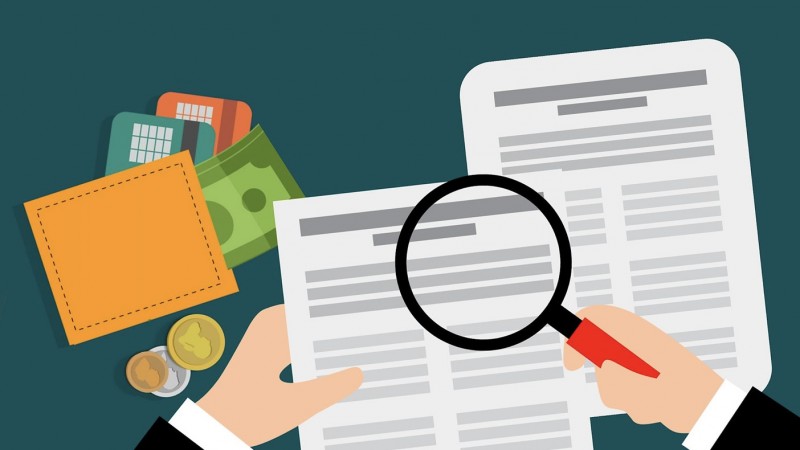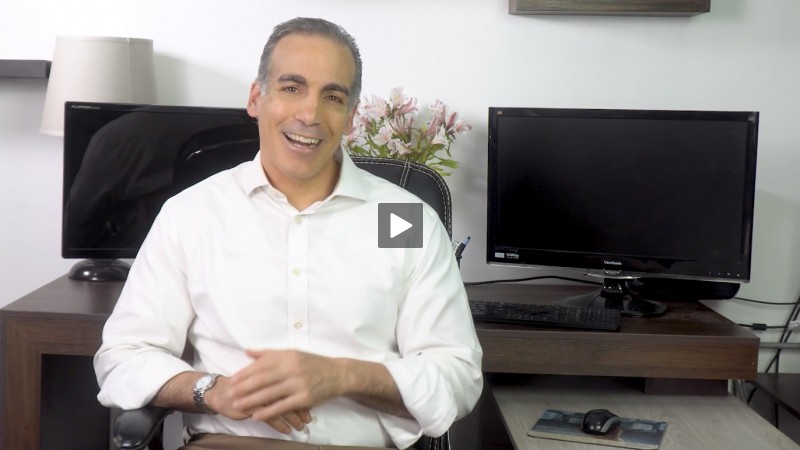Tips for Improving Your Credit Score
- Detalles
- Escrito por Remar Sutton
- Categoría: Articles

Whether your credit is already good or could use some improvement, managing your personal finances in ways that enhance your creditworthiness is always smart. Adopting sound practices that enhance your credit score is a good place to start.
Whether your credit is already good or could use some improvement, managing your personal finances in ways that enhance your creditworthiness is always smart.
The topic of credit scores has been in the personal finance news since credit reporting agencies began to make such scores available to consumers several years ago. This event has opened the door to a number of Web-based companies that offer to provide your score — along with outrageous fees — for what may be inaccurate information. You can get all this information yourself for much less. Our report, "What's Your Credit Score, and How Can it Affect Your Credit?" explains credit scoring and tells you how to get accurate information about your score for a reasonable fee.
My goal in this report is to share with you some simple tips that can help you keep your credit score and overall credit in good shape. It's important information for all consumers considering today's challenging economic environment. Paying attention to your credit score is particularly important if you are contemplating purchasing a new home or vehicle that will require a loan.What's a credit score?
Your credit score is the three-digit number, derived by lenders from an analysis of your credit report. It compares your individual past and current credit performance to that of similar consumers. Lenders (such as banks, credit unions, credit card issuers, and retail merchants), insurance companies and some landlords use credit scores as part of evaluating applications for credit and even tenant background checks.
How often can individual credit scores change?
Credit scores are not fixed; instead they reflect the individual consumer's current credit experience, based on regular analysis of the changing information in that consumer's credit report. That's both bad and good news for you. Relatively frequent analysis by credit reporting agencies means that if you hit a financial hard patch and are late paying a few bills for a couple of months, then your credit score will probably drop. The good news is that good financial habits and practices can also improve your credit score in a relatively quick time.
Tips from the experts for improving your credit score.
The following tips represent a consensus from a number of financial experts, including those at the Federal Trade Commission and Fair Isaac Corporation, the organization who developed the most widely used models for credit scoring.
Pay all bills on time. Avoid late payments and skipped payments. Your payment history, according to Fair Isaac Corporation, is the single biggest factor in a credit score. Some consumers find that arranging for automatic payments or using online payment plans makes it easier to stay up-to-date.
Don't max out your credit cards or lines of credit. Credit scores look at the total amount of debt you have. Plus they compare that debt to the total amount of credit available to you (for instance, the total of the credit lines on your credit cards). Carrying too much debt relative to your available credit will usually affect your score negatively. Moving debt around from card to card won't help improve the picture, nor will closing unused credit card accounts or opening new accounts. Paying down debt is best.
A history of established credit is good. A track record of managing credit over a longer period works in your favor. But if you are just starting out, your payment history and low balances can offset your lack of a record.
Don't open a bunch of new credit accounts at once. All the pre-approved credit card offers you receive may be tempting, but taking on a lot of new credit in a short time raises a red flag. Conversely, the credit scoring programs are designed to distinguish rate shopping from opening new credit. So if you are shopping for a mortgage or loan, do it in a short, focussed amount of time. Checking your own credit report also does not count against you.
Get help if you experience or anticipate financial difficulties. If a financial crisis has struck or you see one looming, taking steps to manage the problems responsibly can help you avoid greater financial difficulties. Appropriate credit counseling can help. Ask your credit union about the resources they provide members and other recommended services.
Tip: Following the practices that enhance your credit score, not coincidentally, can help you achieve overall financial well-being because they are cornerstones of good personal finance management.
For More Information
The following excellent resources provide more in-depth information about credit scoring and credit repair.
- Credit Scores from the FTC
- Disputing Errors on Credit Reports from the FTC
- Free Credit Reports from the FTC
- Credit Repair: How to Help Yourself from the FTC
- What is a Credit Score? and How to repair my credit and improve my FICO Scores, both from MyFICO.com, a project of Fair Isaac Company, the leading credit scoring organization.


































